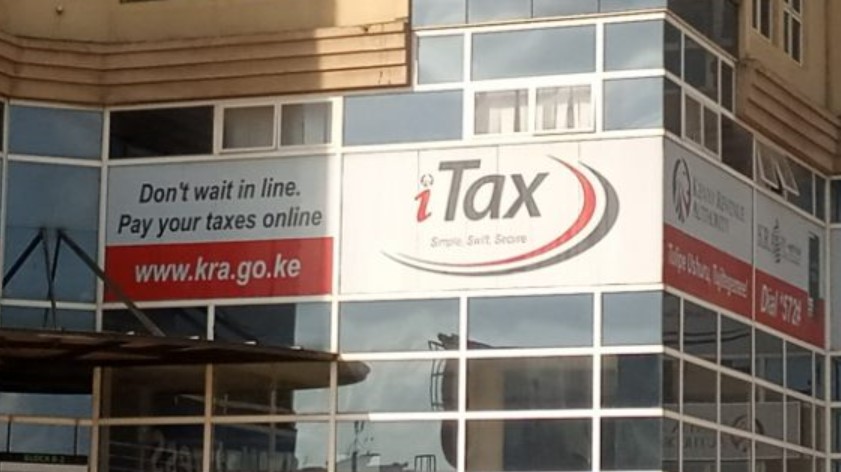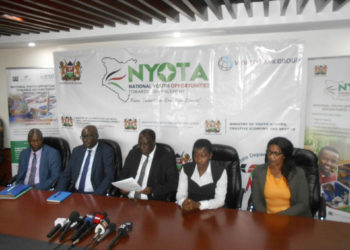The Kenya Revenue Authority (KRA) has observed a noteworthy increase in fuel tax collections despite a downturn in fuel consumption over the preceding six months leading up to December.
The surge in fuel tax collection, amounting to approximately KES 164.03 billion, marks a substantial uptick of 17.9 percent compared to the previous year’s collections.
Legislative actions, particularly the decision by the National Assembly to double the value-added tax (VAT) on petrol, diesel, and kerosene to 16 percent effective from July of the prior year, played a crucial role in driving this increase. Consequently, fuel prices experienced a sharp rise, surpassing the KES 200 per litre mark and reaching record highs in October.
Despite concerns regarding reduced collections due to declining fuel consumption, the KRA’s estimates reveal consistent revenue generation, with August recording the highest collections at KES 29 billion. This defies earlier apprehensions expressed by the KRA regarding the potential impact of decreased fuel consumption on tax revenues.
The Treasury’s strategic tax adjustments, aimed at generating an additional KES 289.3 billion by June, align with the government’s policy of relying on higher taxes to reduce the country’s fiscal deficit. Despite being among the highest globally, Kenya’s fuel prices remain competitive in the region, positioning the country favorably against countries like South Africa.
The observed increase in fuel tax collections amidst declining fuel consumption underscores the effectiveness of legislative and taxation policies in bolstering revenue streams for the government. Moving forward, policymakers must continue to evaluate and adjust tax policies to ensure fiscal sustainability while maintaining competitiveness in the fuel sector.

















